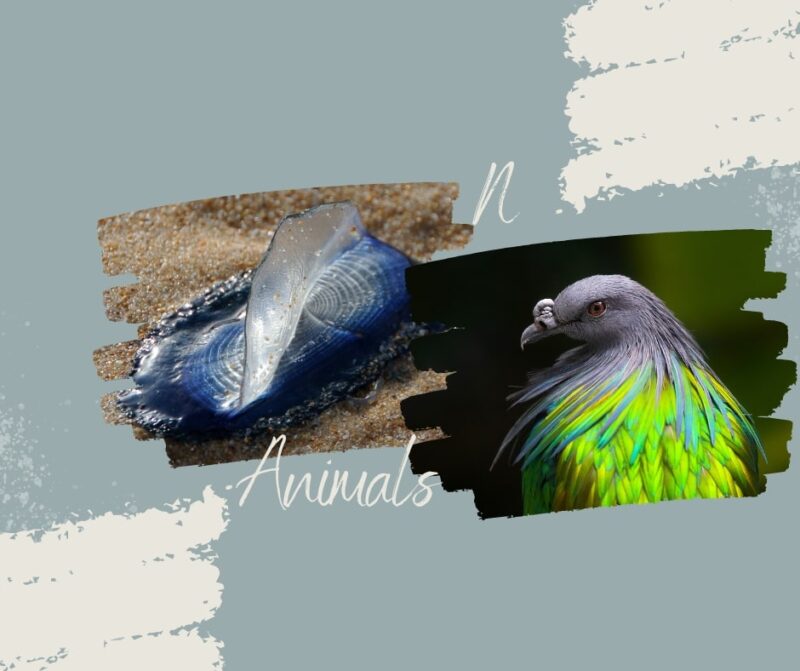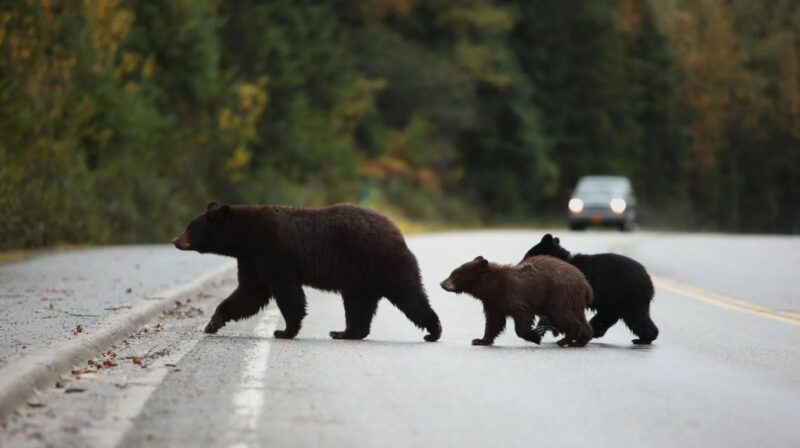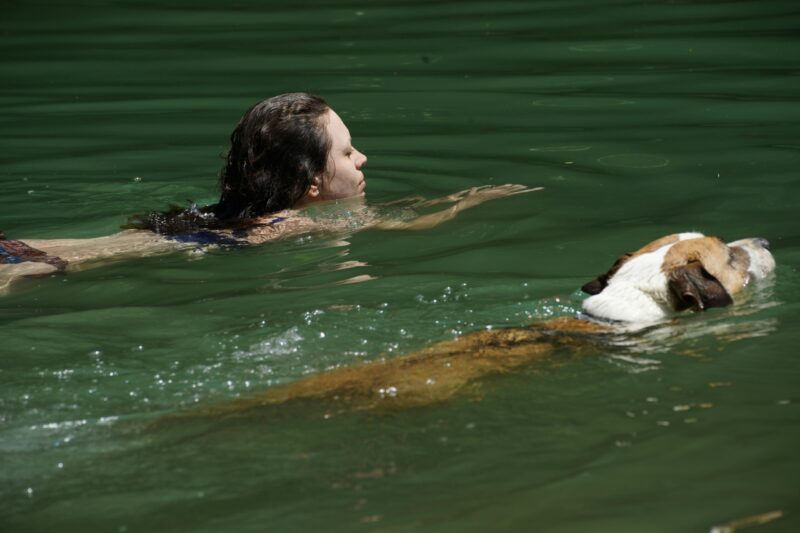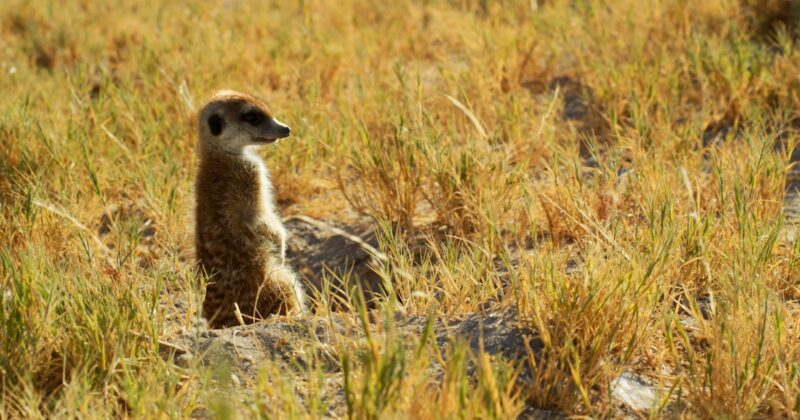Embark on a thrilling adventure through the vast and captivating animal kingdom, where we unveil a collection of 50 extraordinary creatures, each bearing a distinctive trait: their names begin with the enigmatic letter “N.”
From the famous and celebrated to the hidden and mysterious, these animals encompass an awe-inspiring array of sizes, shapes, and behaviors. In this enthralling blog post, we’ll unravel the secrets of the Numbat’s termite feasts, the Narwhal’s majestic tusk, and the Nudibranch’s kaleidoscopic underwater world.
With mesmerizing pictures and intriguing facts, we invite you to immerse yourself in the wonders of nature and marvel at the remarkable diversity of life flourishing on our extraordinary planet. So, fasten your seatbelts as we embark on this enthralling expedition, where every turn brings us face-to-face with nature’s most fascinating beings – the Animals that Start with N!
Numbat
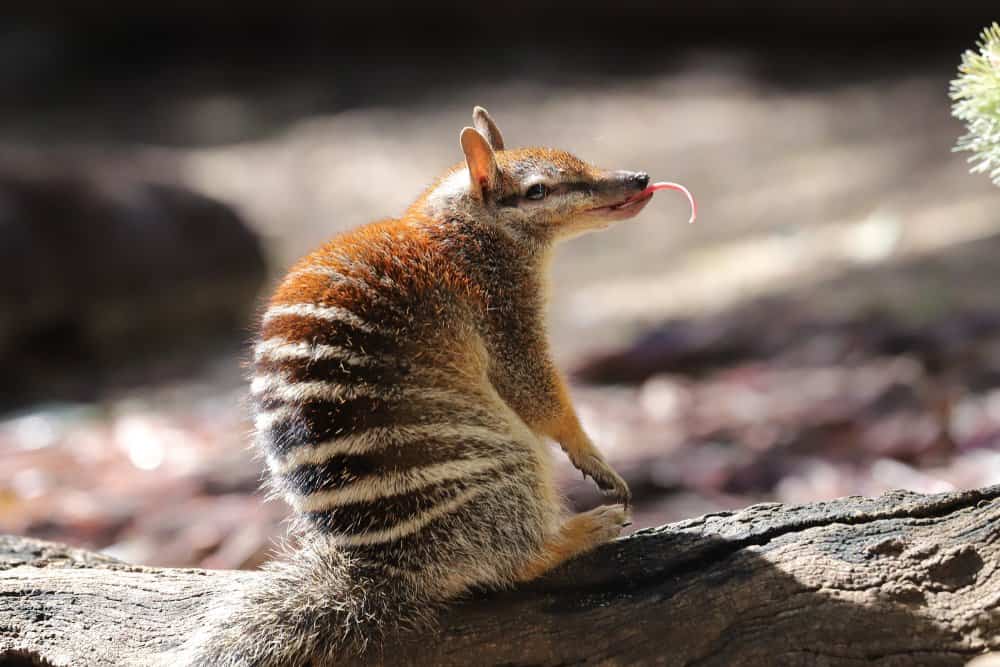
These bats are marsupials native to Western Australia, known for their termite diet and unique banded fur patterns.
Nyala
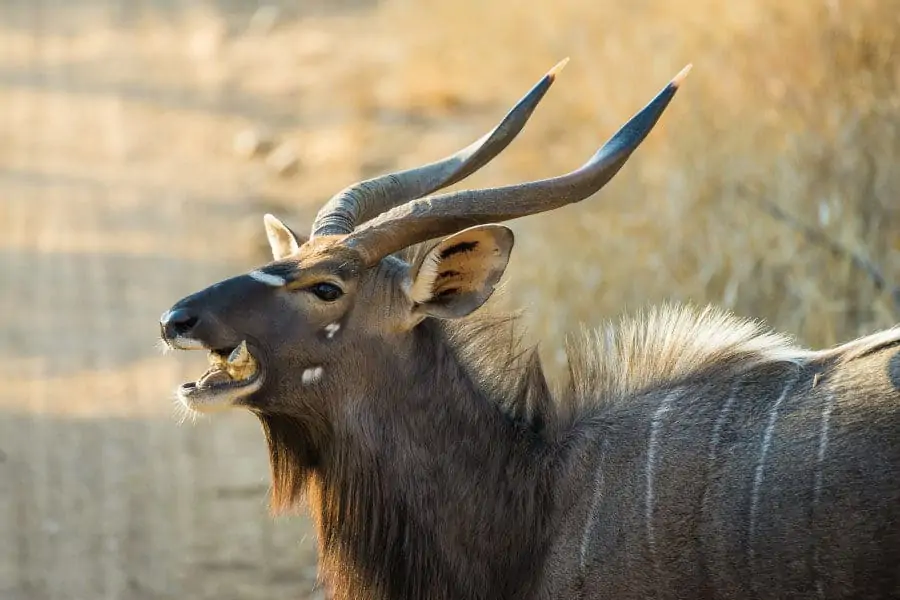
This fluffy goat-like creature is found in southern Africa, are medium-sized antelopes distinguished by their striking spiral horns in males and beautiful coat patterns.
Interesting Facts:
Naked Mole Rat
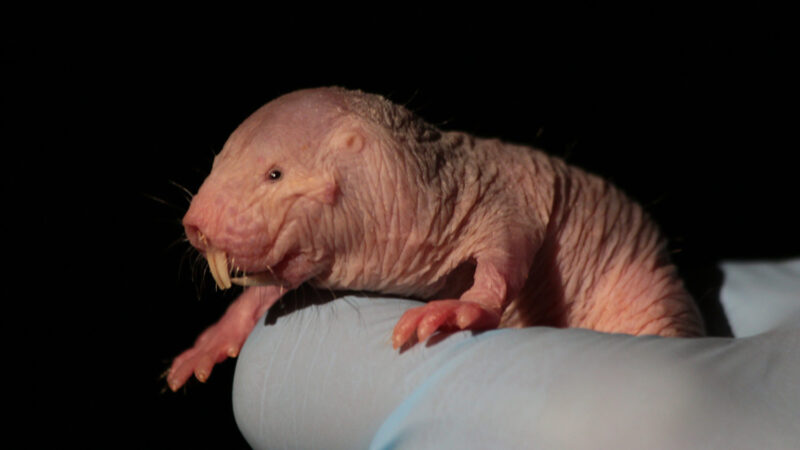
These funny unclothed rats are extraordinary rodents living in sub-Saharan Africa, with a fascinating social structure led by a queen and specialized roles within their colonies.
Nudibranch
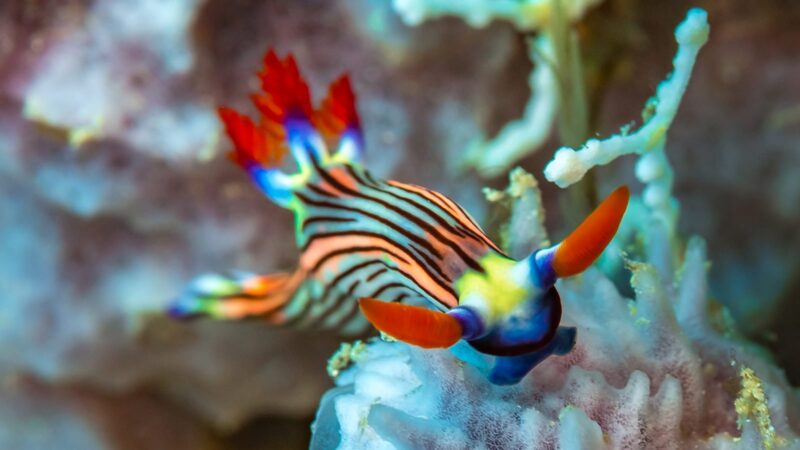
Stunning marine creatures known for their vibrant colors and intricate shapes. They are a type of soft-bodied mollusk found in oceans worldwide.
Nene
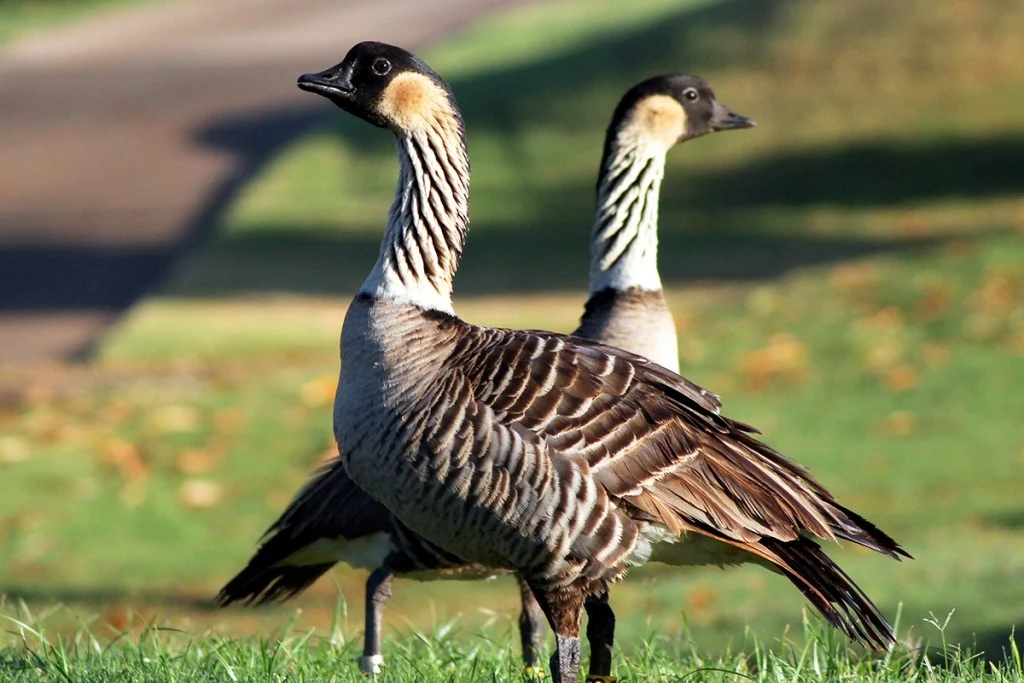
The Hawaiian Goose (Nene) is Hawaii’s state bird and one of the rarest geese species in the world, with populations rebounding thanks to conservation efforts.
Narwhal
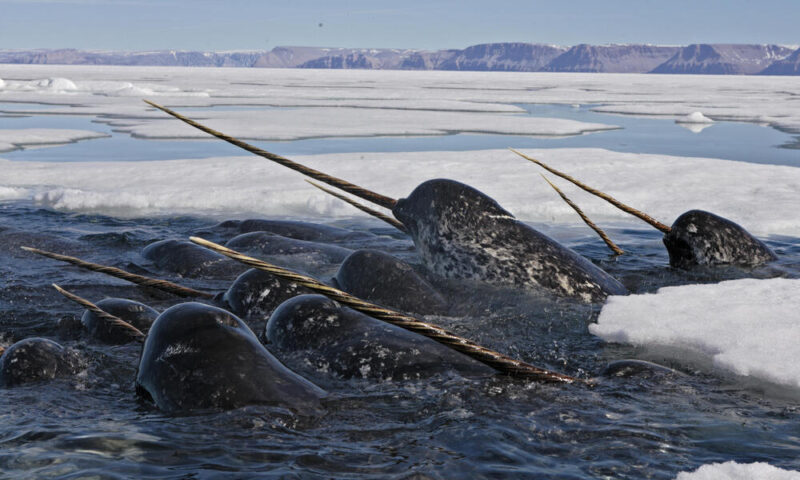
The unicorns of the sea are medium-sized toothed whales residing in Arctic waters, renowned for the long, spiraled tusk that protrudes from the upper jaw of males.
Nubian Ibex
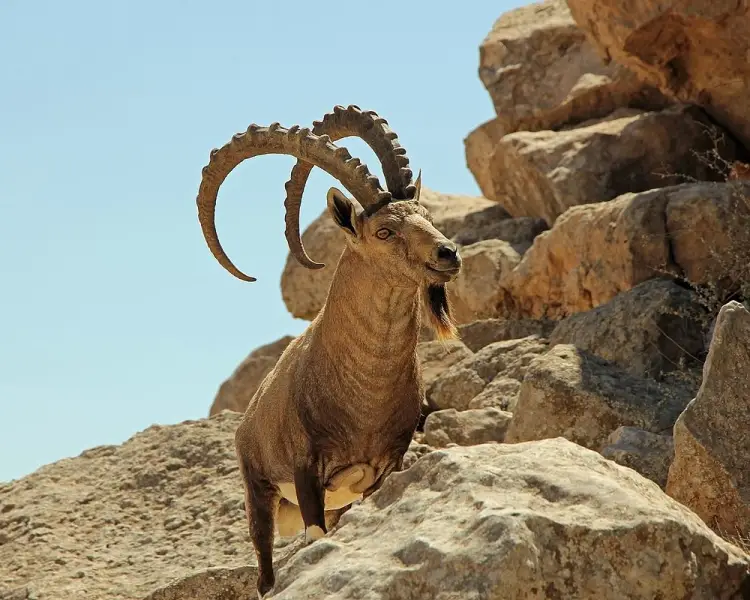
Desert-dwelling goat species found in the mountains of northeastern Africa and southwestern Asia, known for their impressive climbing abilities.
Neddicky
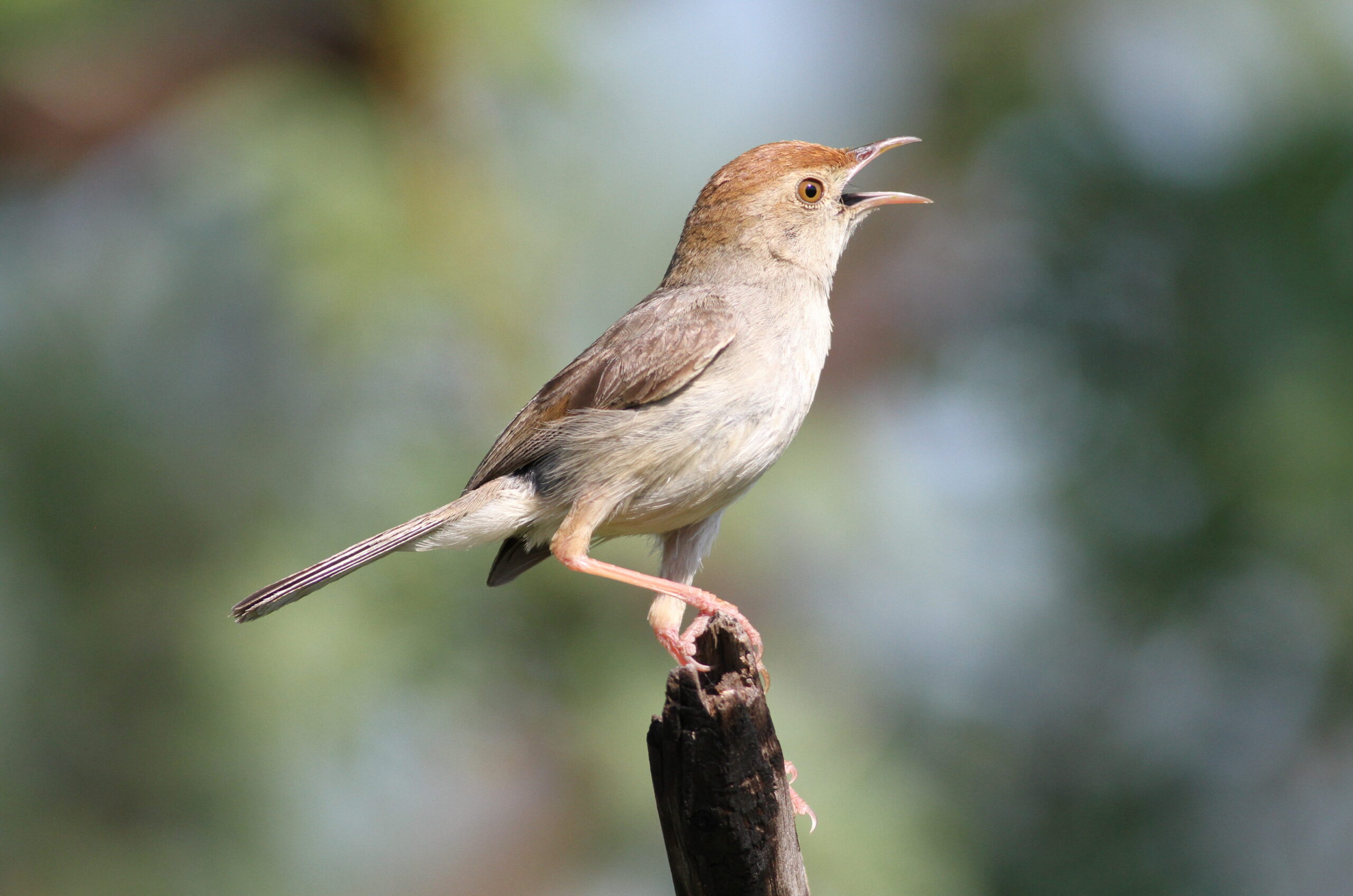
The Neddicky is a small, insect-eating bird native to southern Africa, recognized for its distinctive, chattering calls.
Natterjack Toad
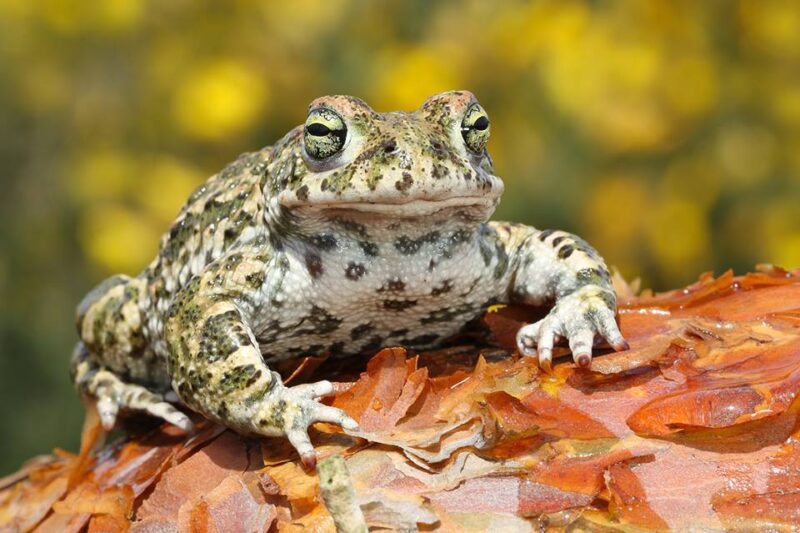
This Toad is a European species known for its explosive mating calls and the ability to run faster than other toad species.
Night Monkey
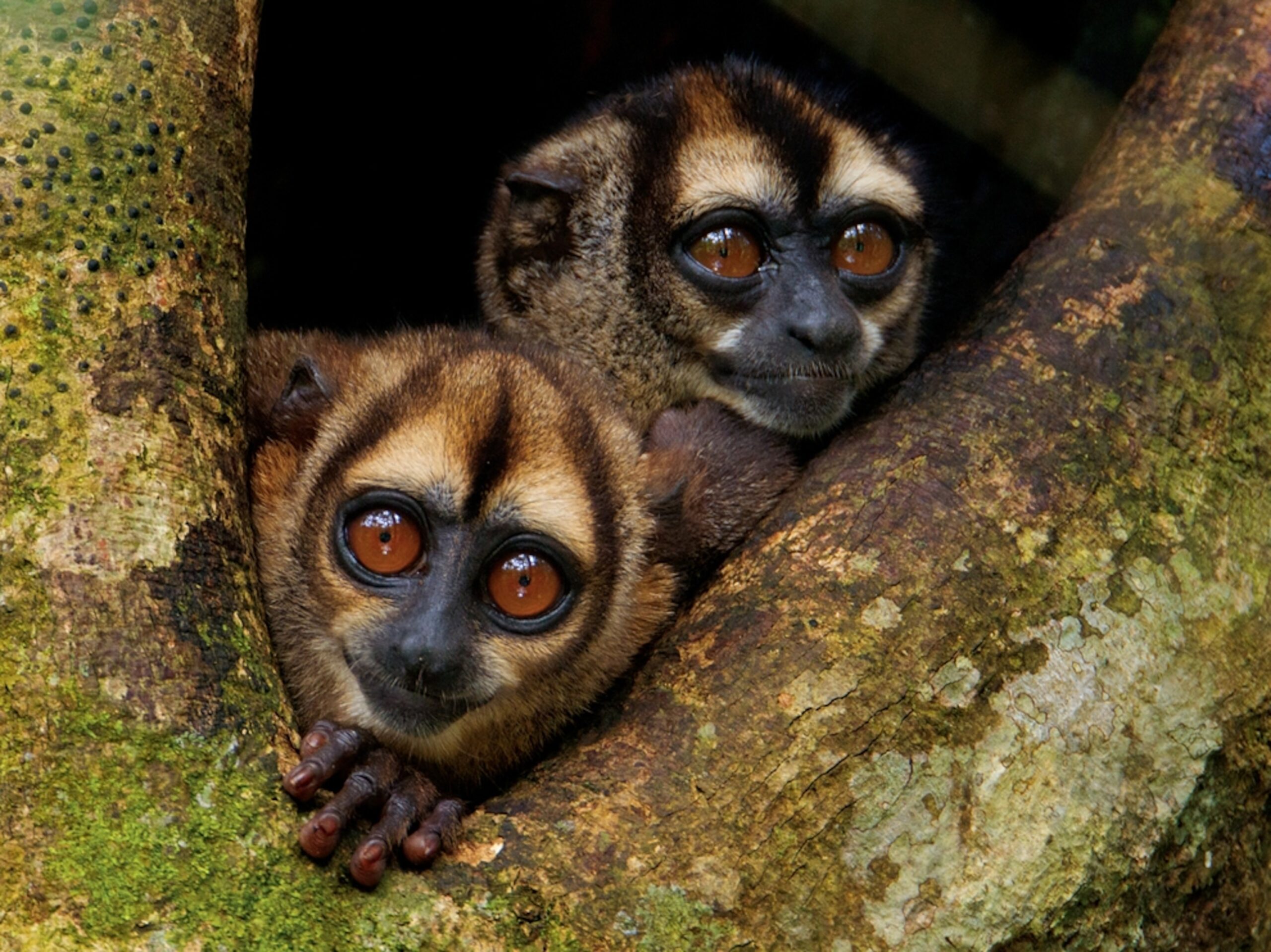
The Owl monkey (Night Monkey) is a small primate that is native to South America and is the only nocturnal monkey species in the world.
Nicobar Pigeon
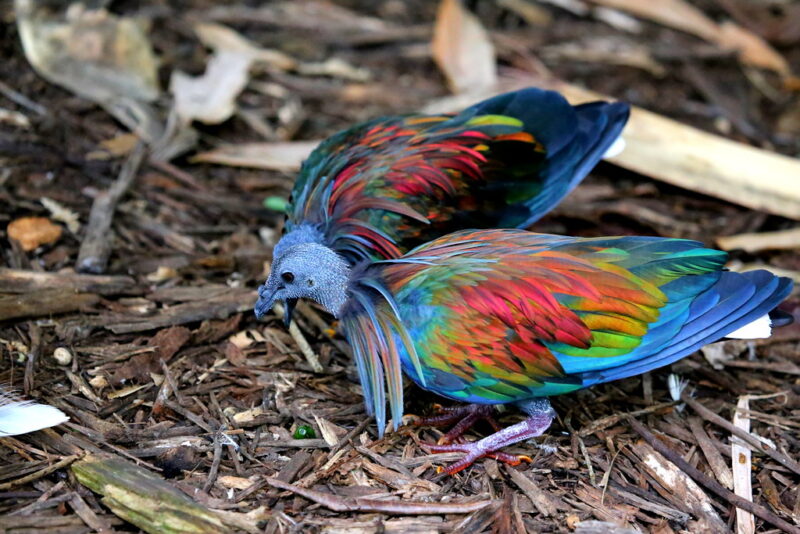
This strikingly colorful bird is found on the islands of the Indian and Pacific Oceans. It’s recognized for its iridescent feathers.
Northern Gannet
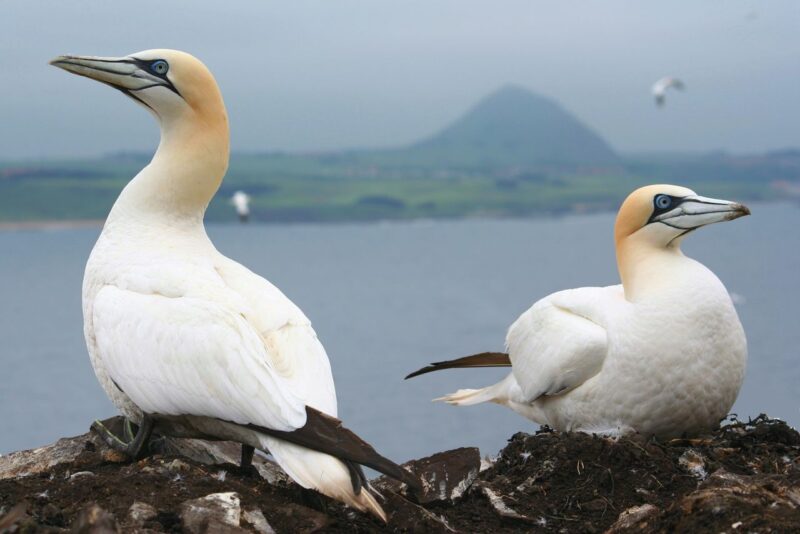
The Northern Gannet is a large seabird that migrates vast distances, diving into the ocean at high speeds to catch fish.
Namaqua Chameleon
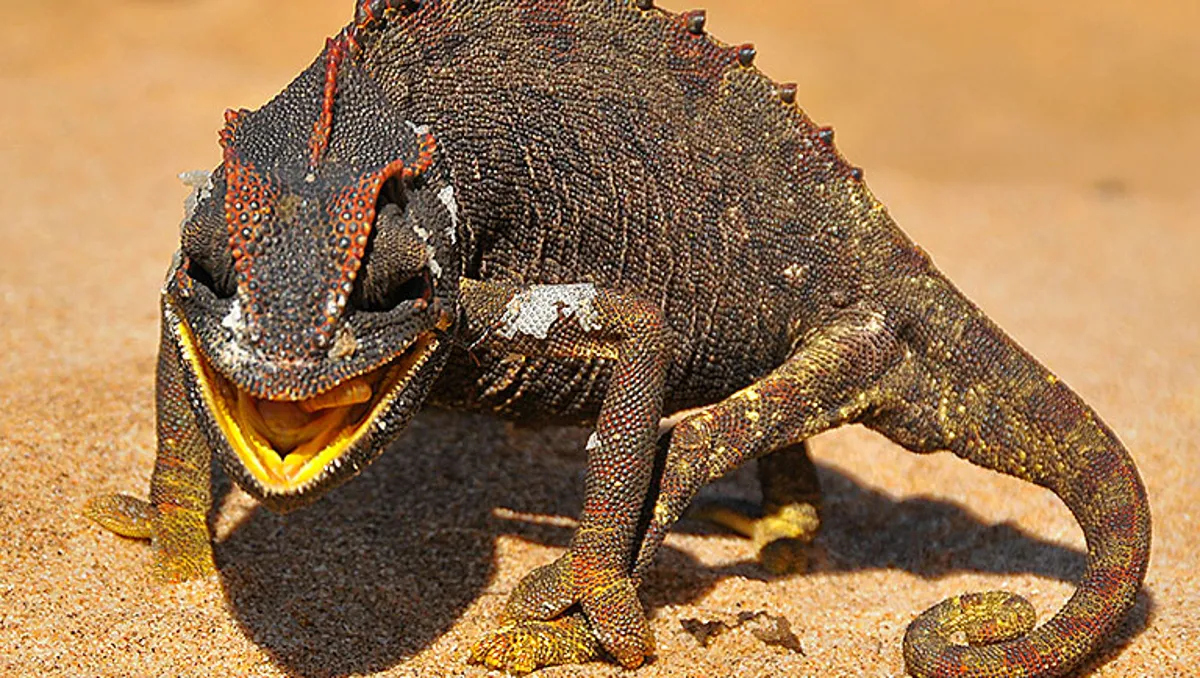
This species of Chameleon is a unique reptile inhabiting desert regions of southwestern Africa, capable of changing color to regulate its body temperature.
Northern Fur Seal
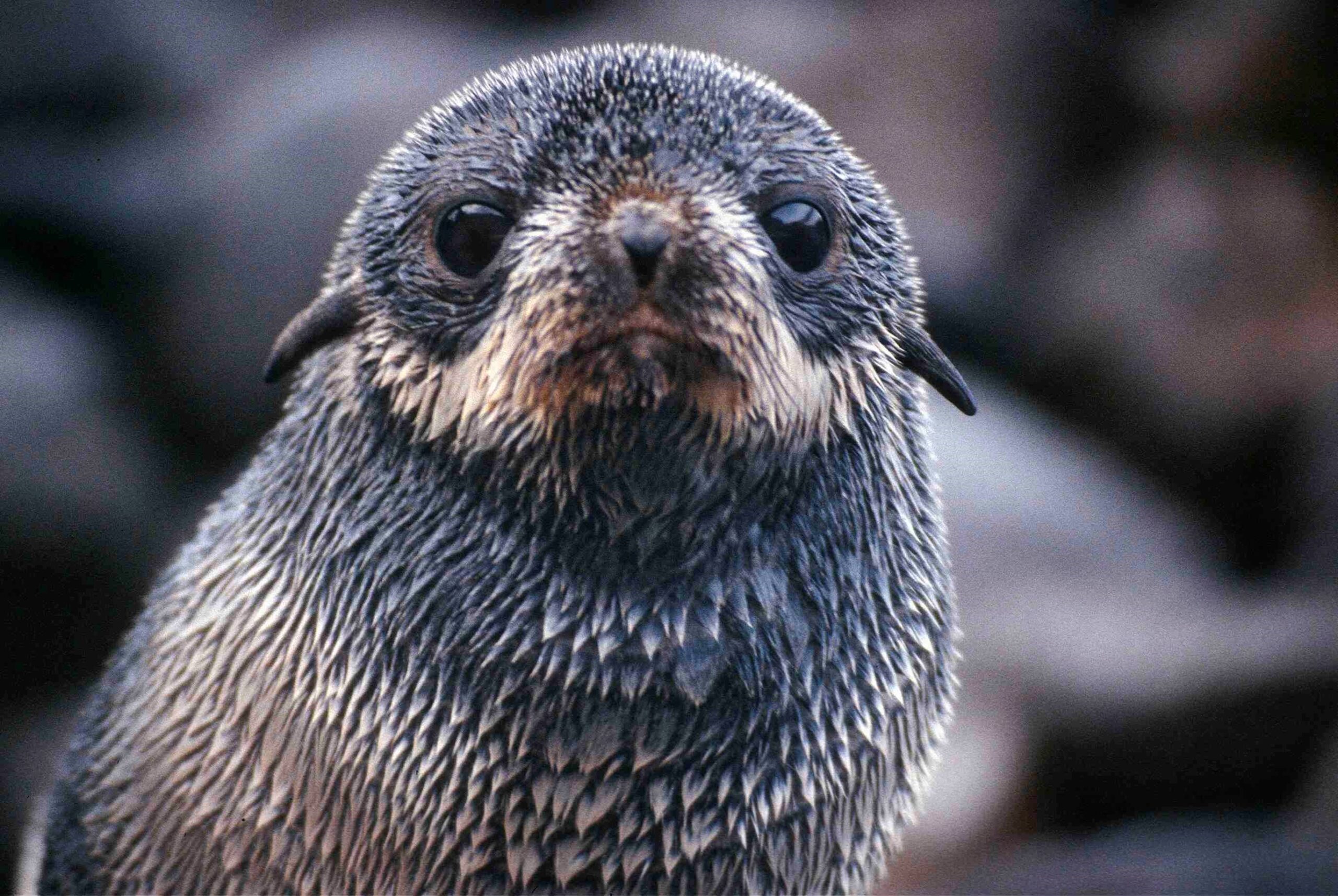
Northern Fur Seals are marine mammals native to the North Pacific Ocean, renowned for their dense fur and remarkable swimming abilities.
Nile Crocodile
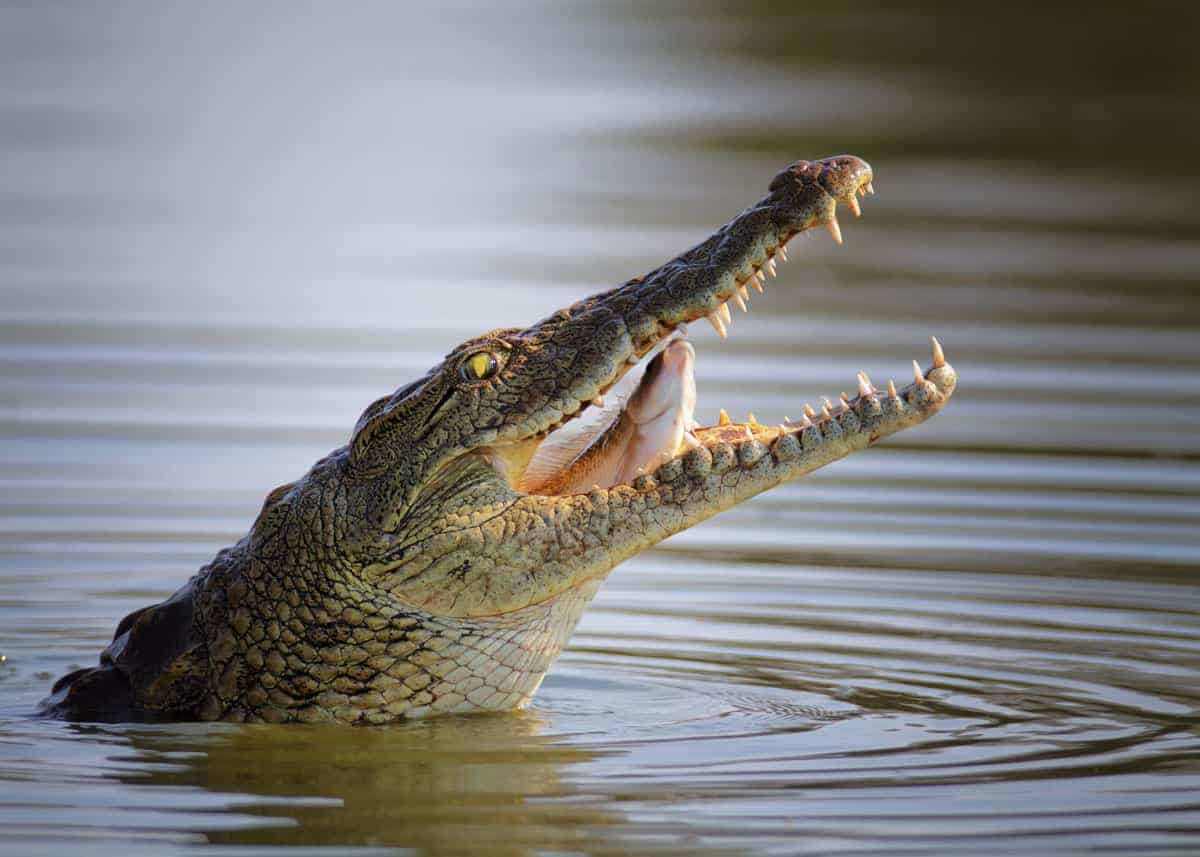
The Nile’s croc is one of Africa’s most formidable predators, known for its powerful bite and stealthy hunting skills.
Nutria
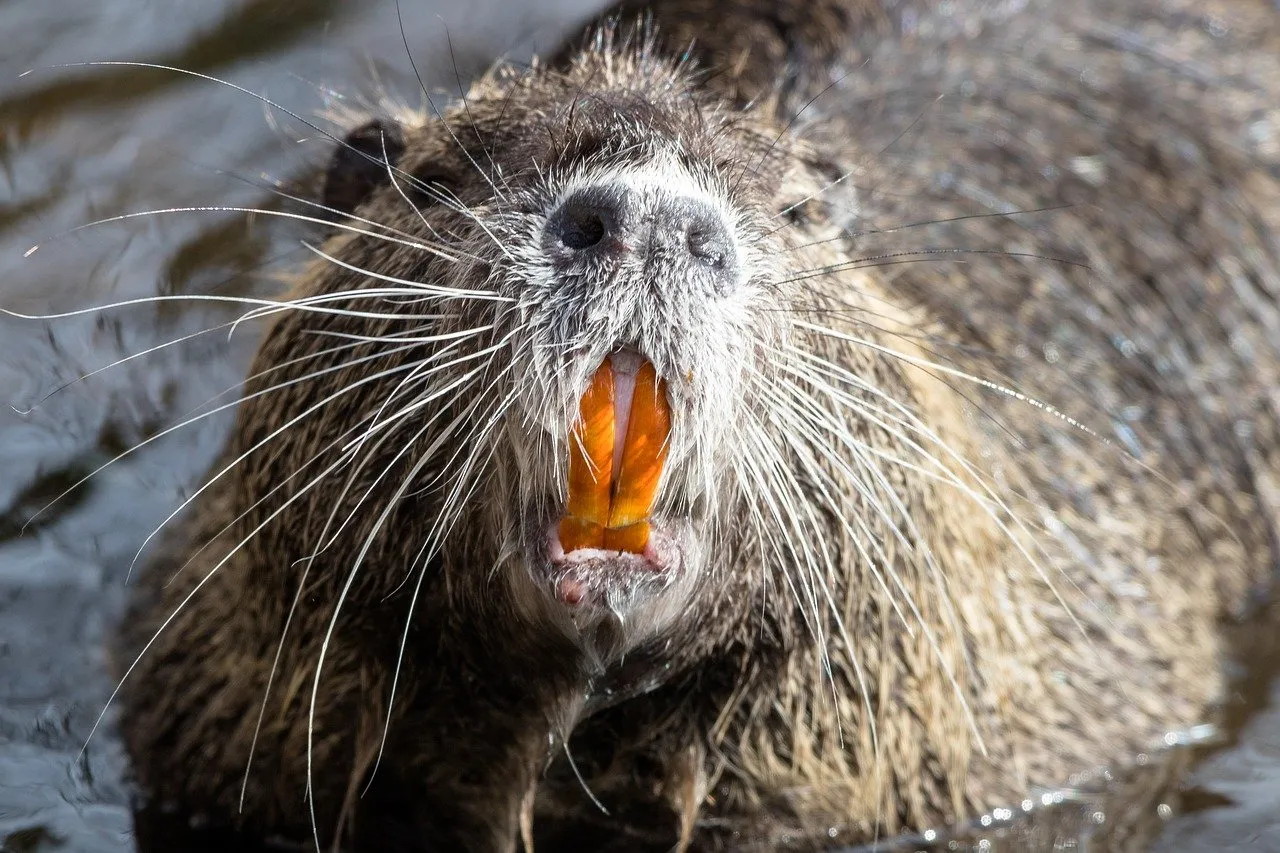
Coypus are semi-aquatic rodents originally native to South America, but now widely distributed around the world due to fur farming.
Northern Alligator Lizard
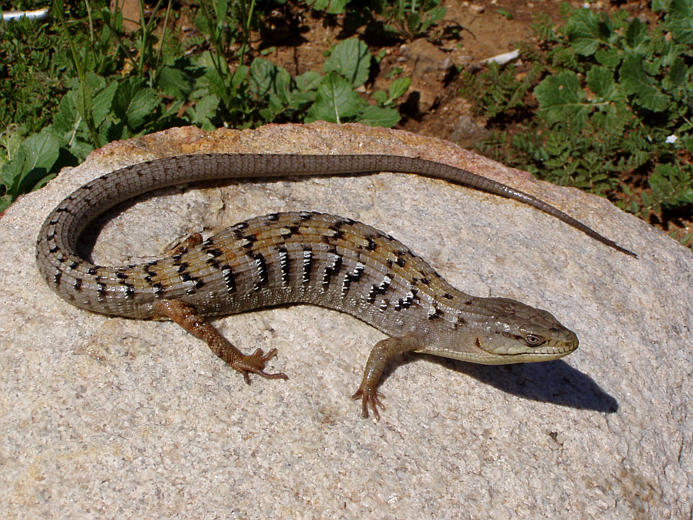
The chaotically named Northern Alligator Lizard is a reptile found in western North America, with a tail that can detach and wriggle to escape predators.
Night Adder
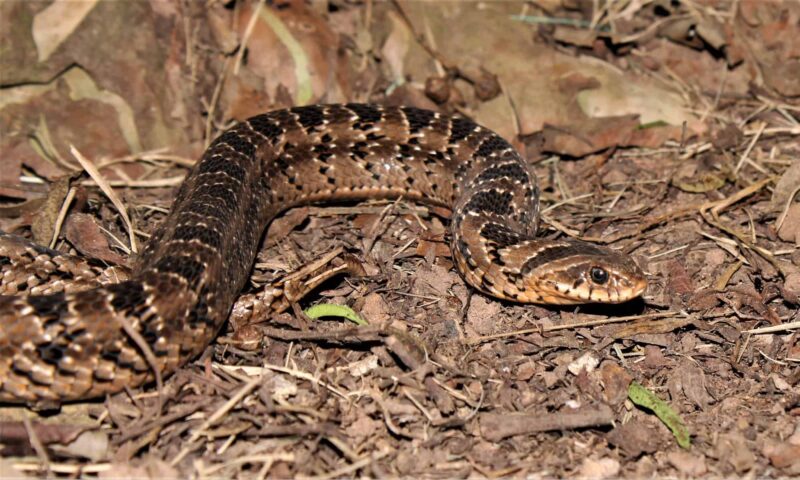
This viper is a venomous snake native to sub-Saharan Africa, recognizable by its diamond-shaped markings.
Natterer’s Bat
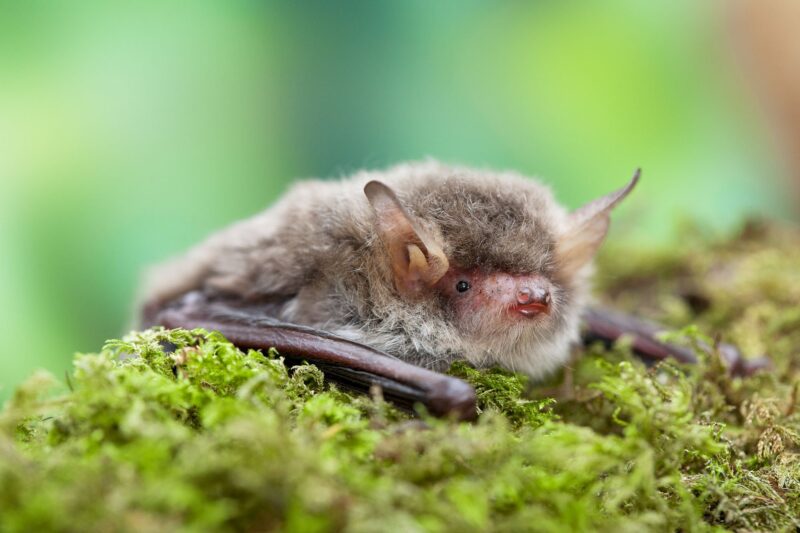
Fluttering across the night skies, the Natterer’s Bat is a European species known for its exceptional echolocation abilities, which it uses to navigate and hunt insects in the dark.
Northern Pudu
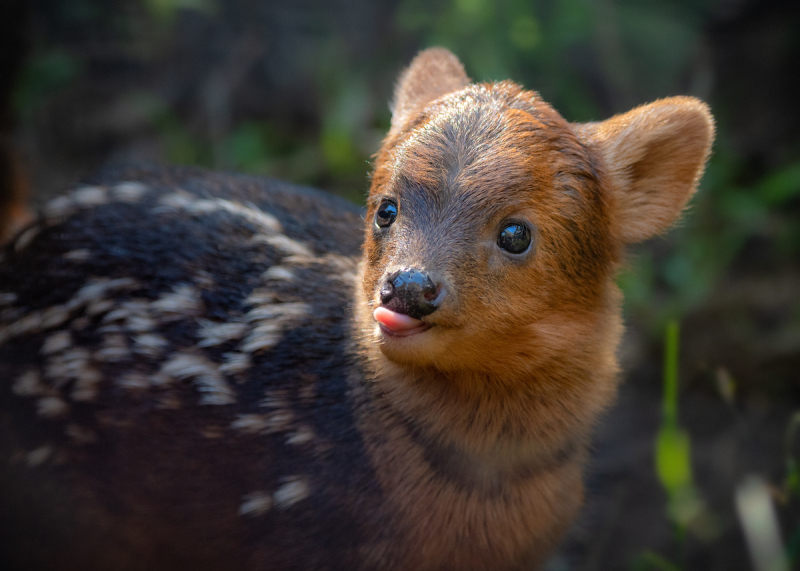
Northern Pudus are the world’s smallest deer species, found in the Andes mountains of South America, and known for its tiny size and adorable appearance.
Newfie
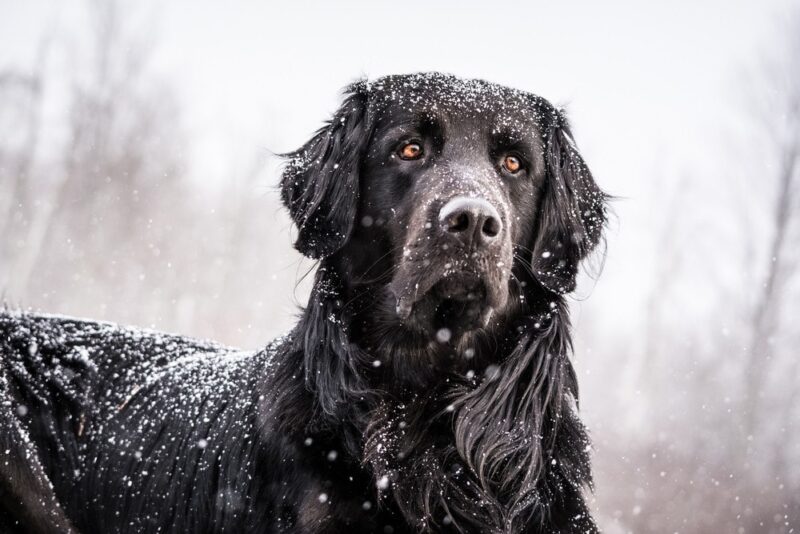
The Newfoundland Dog, often referred to as “Newfie,” is a large and dog breed known for its excellent swimming abilities and gentle temperament.
Nicobar Islands Megapode
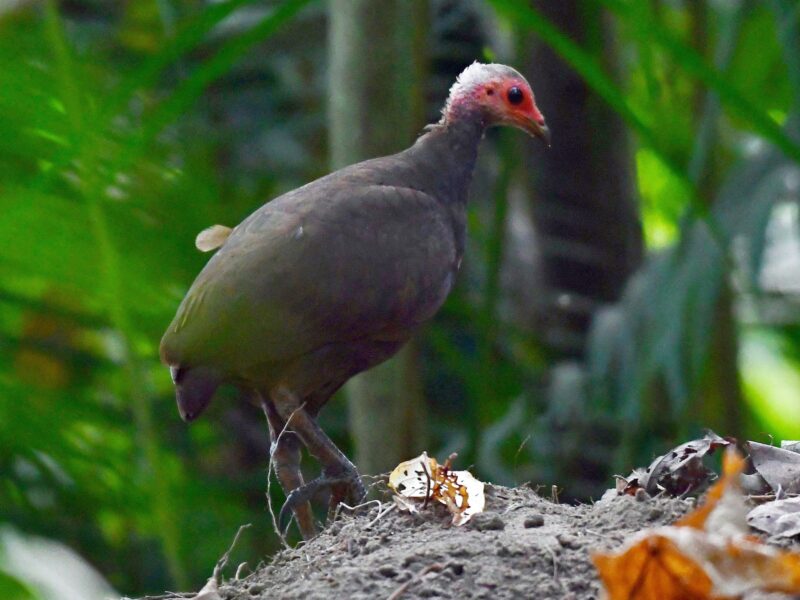
This large, ground-dwelling bird inhabits the Nicobar Islands and has the unique habit of using volcanic sand to incubate its eggs.
Night Parrot
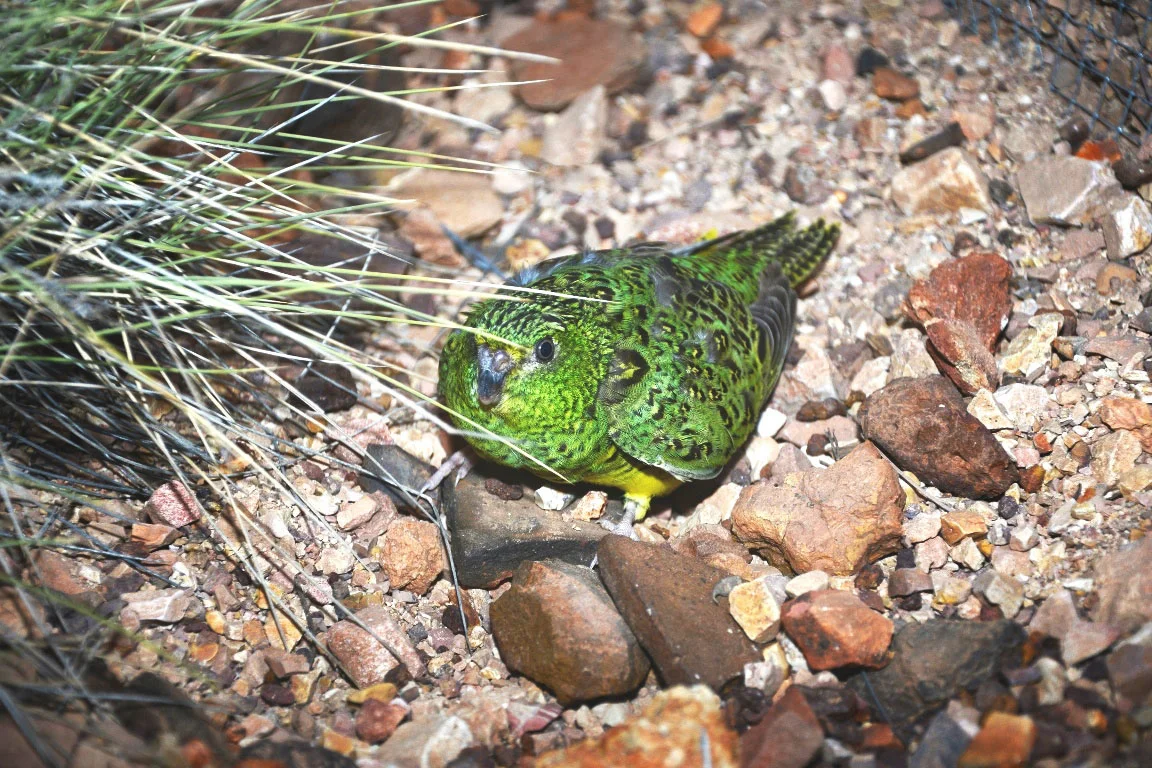
The Night Parrot, native to Australia, is a small bird renowned for its elusive nature and exceptional camouflage during nocturnal hours.
Nilgai
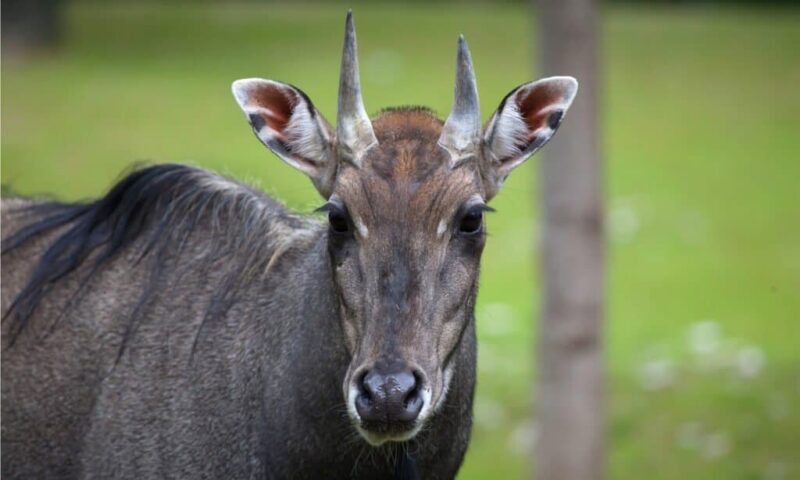
Known as blue bulls, the Nilgai is the largest Asian antelope species, native to the Indian subcontinent.
Northern Carmine Bee-Eater
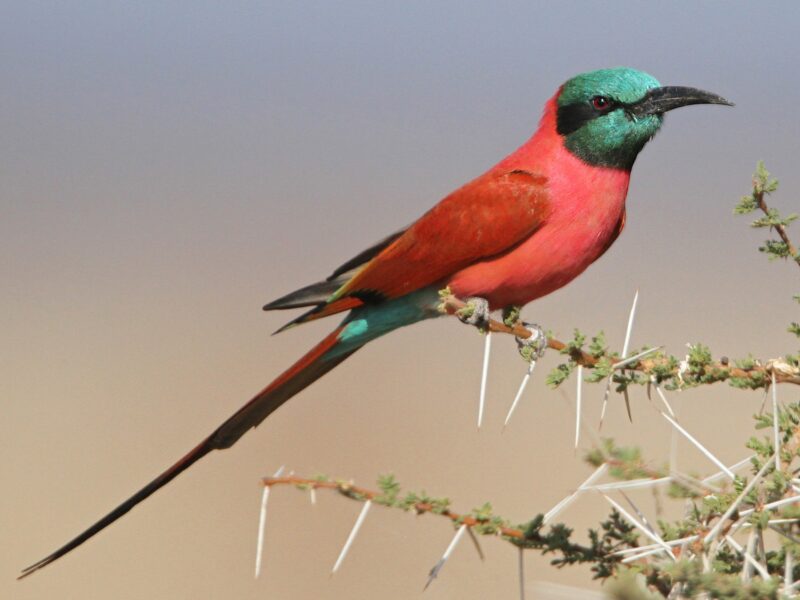
In eastern and southern Africa, you can find the Northern Carmine Bee-Eater, a vibrant bird that showcases stunning aerial acrobatics while primarily feeding on bees.
Northern Long-Eared Bat
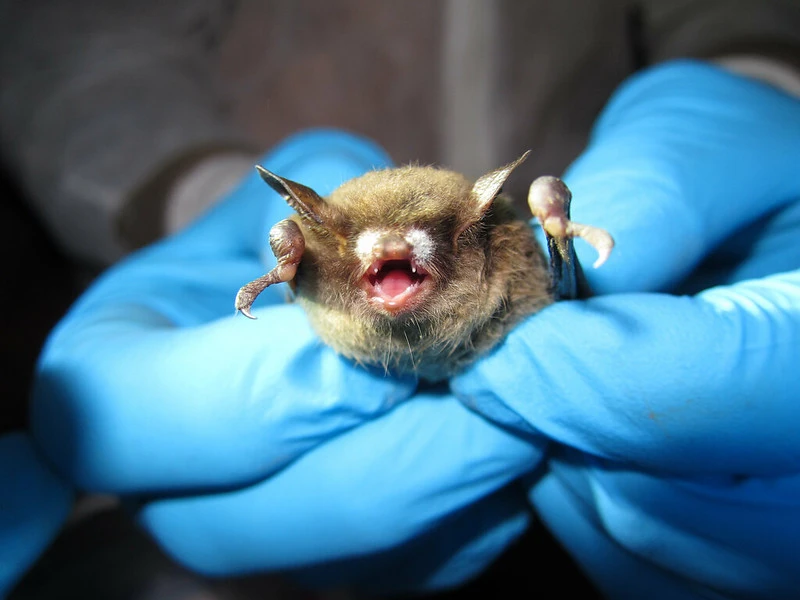
The Northern Long-Eared Bat, discovered in North America, is recognized for its agile flight and the distinctive feature of its long ears.
Nuttall’s Woodpecker
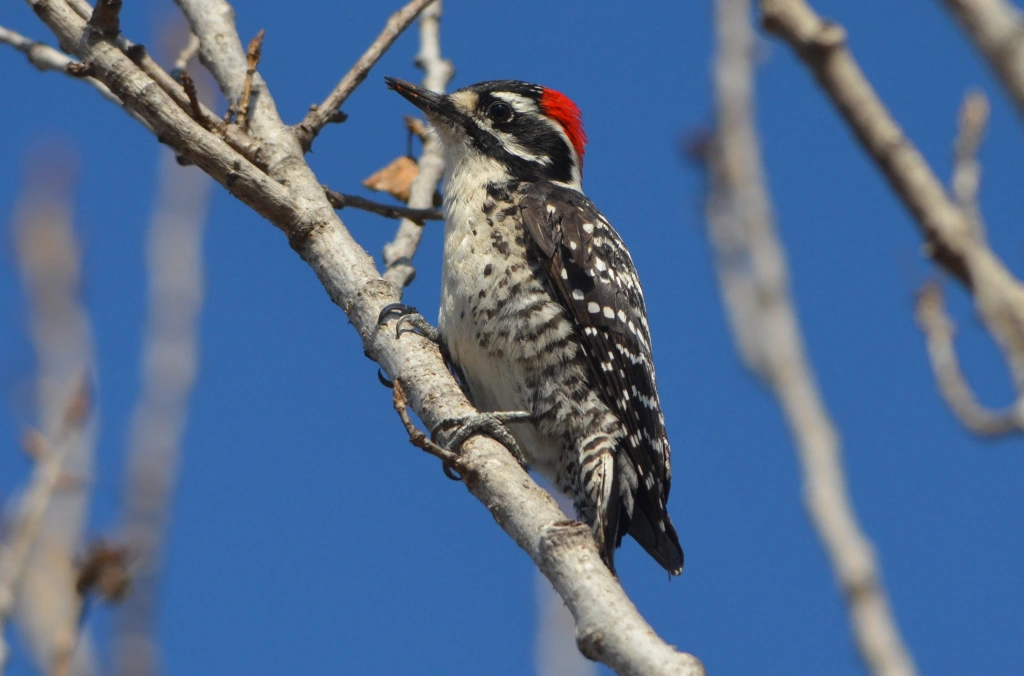
Distinguished by its drumming sounds and black-and-white plumage, Nuttall’s Woodpecker is a well-known woodpecker species in North America.
Northern Goshawk
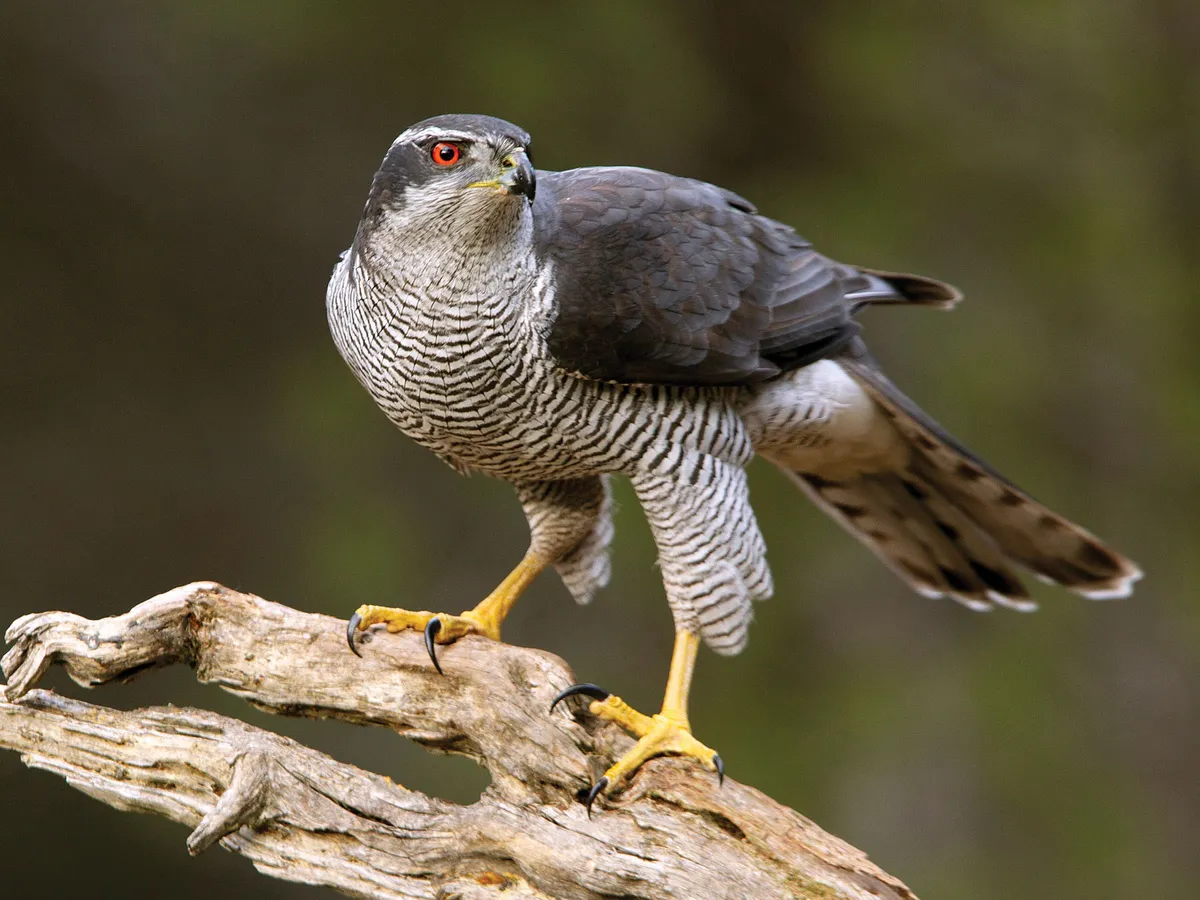
The Northern Goshawk is a powerful and agile bird of prey known for its remarkable hunting skills in dense forests.
Nankeen Night Heron
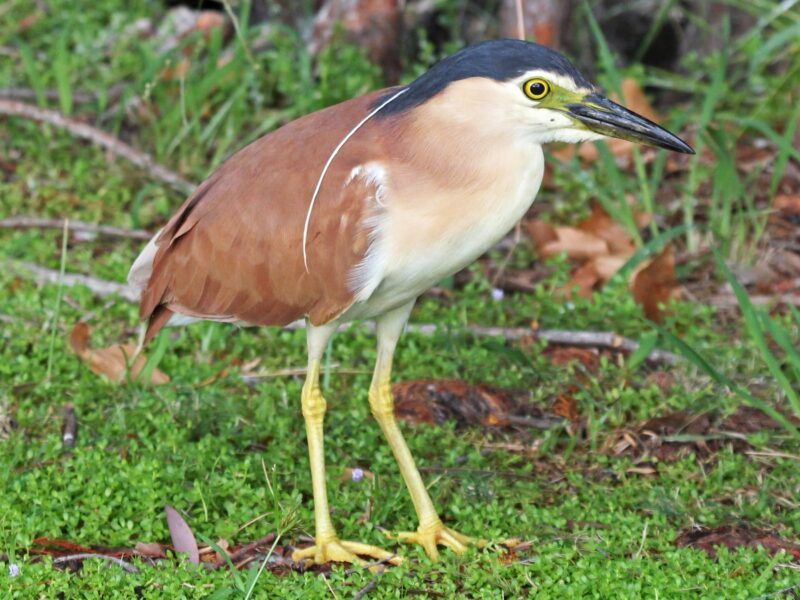
With reddish-brown plumage, the Nankeen Night Heron is a nocturnal heron species found in Australia and Southeast Asia.
Newton’s Parakeet
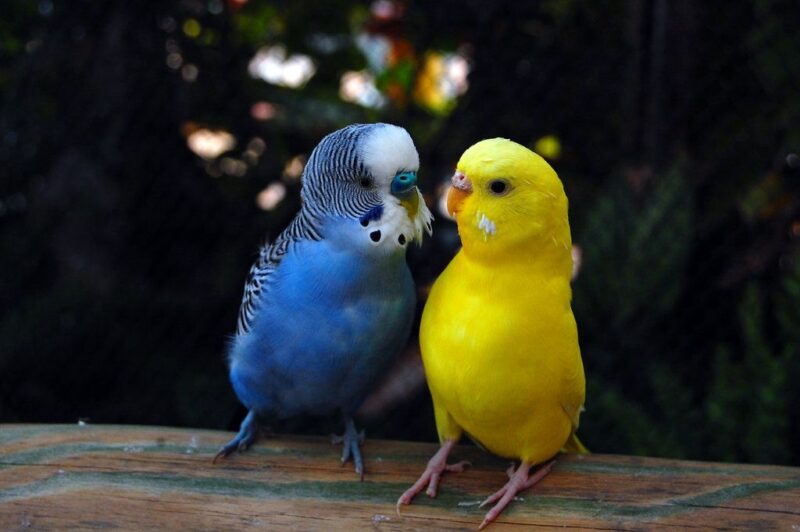
Endemic to Rodrigues Island in the Indian Ocean, Newton’s Parakeet is a rare and critically endangered parakeet due to habitat loss.
Northern Mole Vole
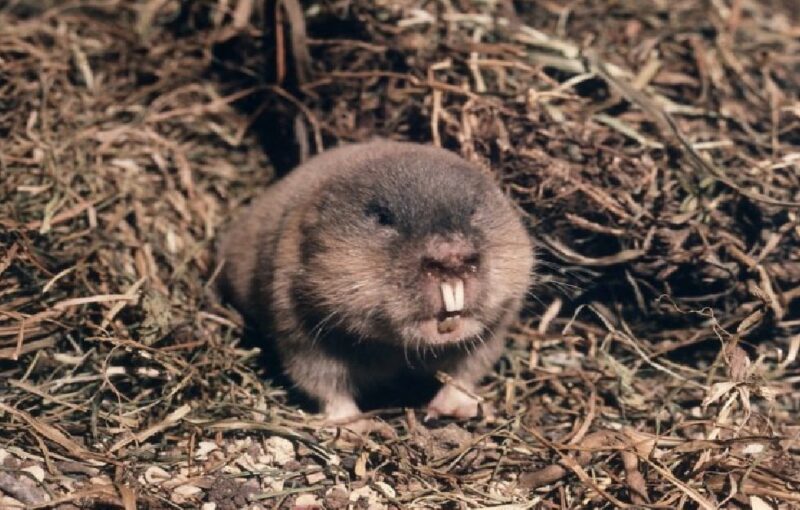
Native to Eurasia and dwelling underground in intricate tunnel systems, the Northern Mole Vole is a small rodent species.
Nase
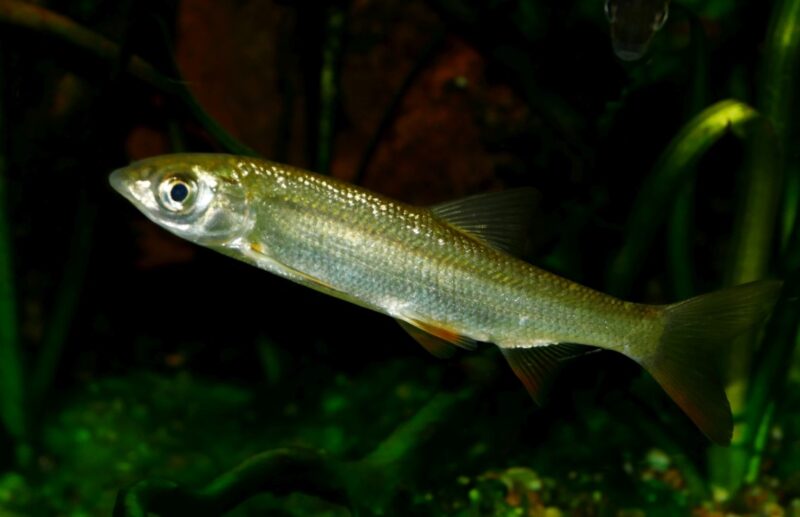
The Nase, residing in European rivers, stands out with its long snout and a distinctive black spot near its tail.
New Guinea Singing Dog
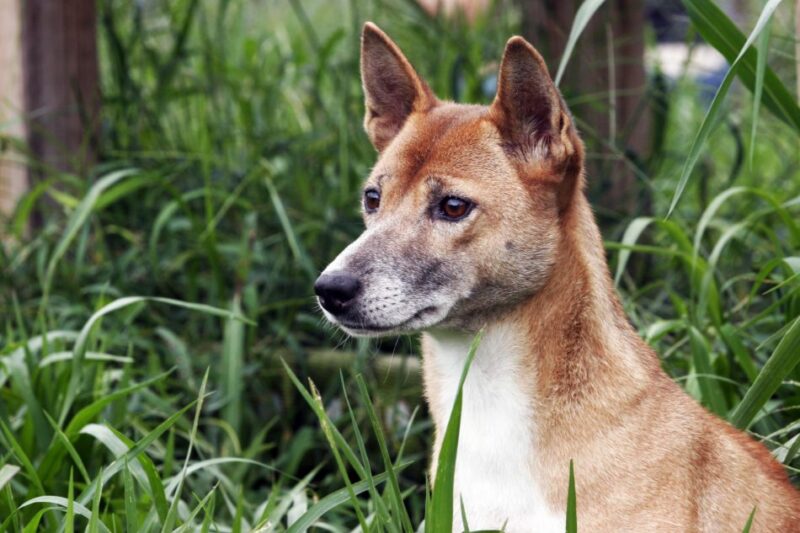
Originating from New Guinea, the New Guinea Singing Dog is a rare and primitive breed known for its unique singing-like vocalizations.
Namaqua Sandgrouse
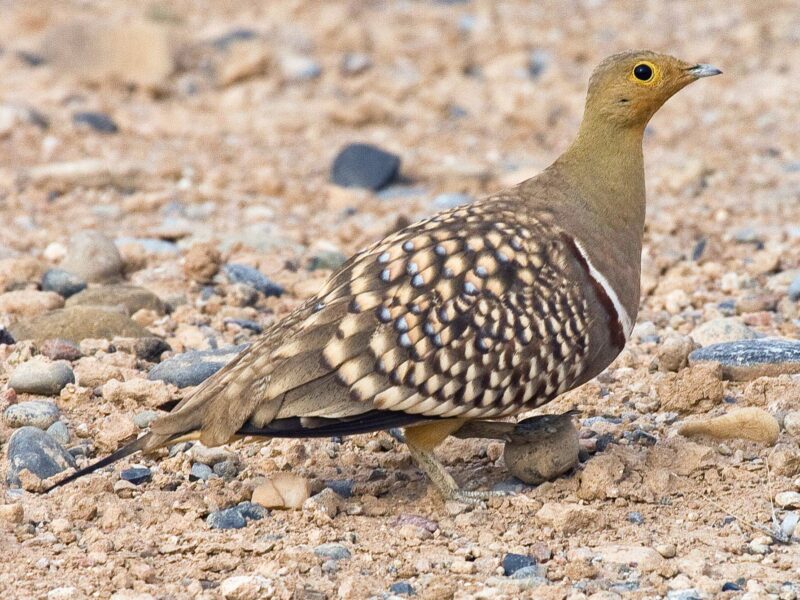
The Namaqua Sandgrouse, residing in arid regions of Africa, embarks on long-distance flights to collect water for its young.
Nantucket Pine Tip Moth
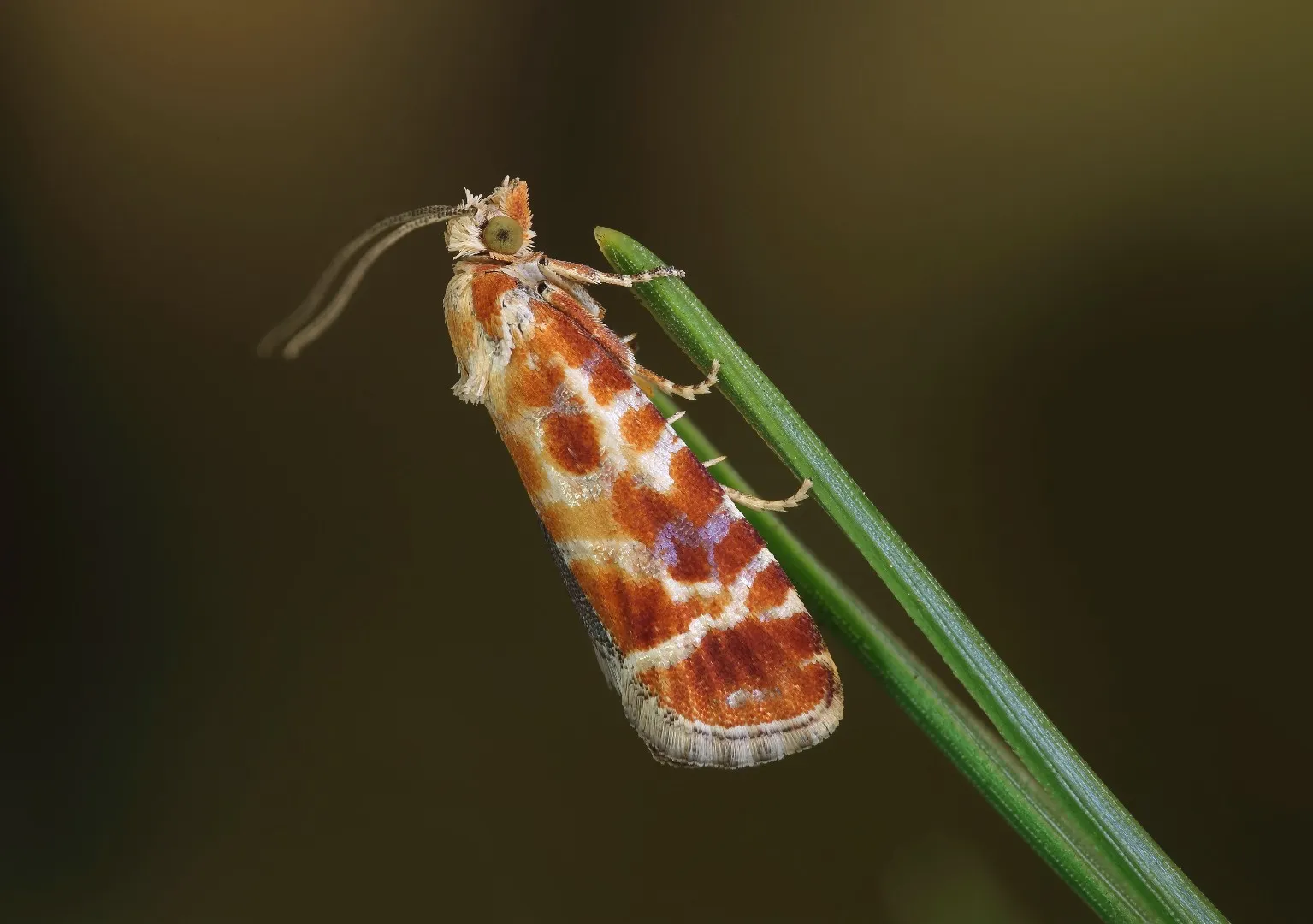
Causing damage to new growth, the Nantucket Pine Tip Moth infests pine trees.
Needlefish
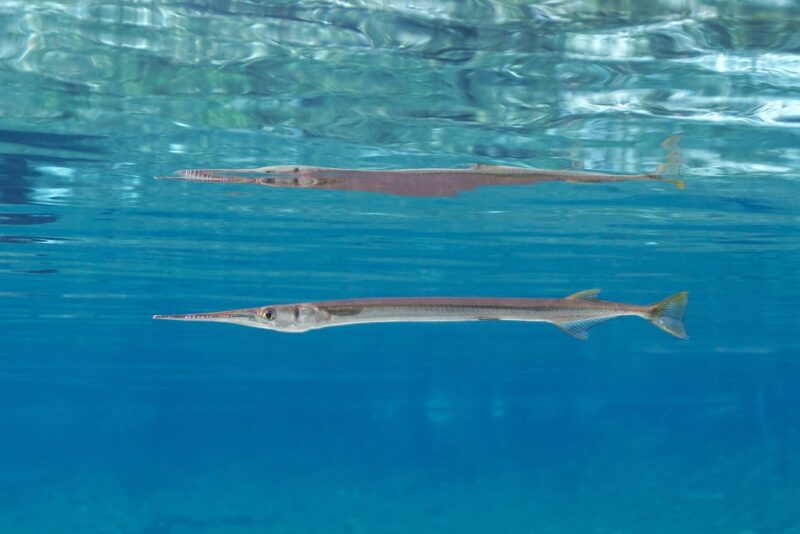
Predatory fish found in tropical and subtropical waters worldwide, Needlefish possess long, slender bodies and sharp beaks.
Northern Giraffe
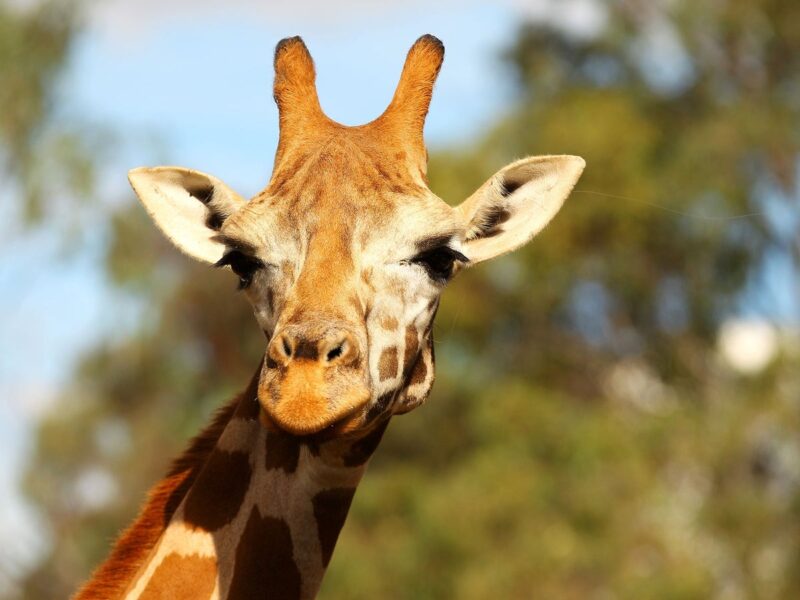
The Northern Giraffe, also known as the Nubian Giraffe (Giraffa camelopardalis camelopardalis), is a majestic and endangered subspecies of giraffe native to the savannas and grasslands of northeastern Africa.
Nicobar Flying Fox
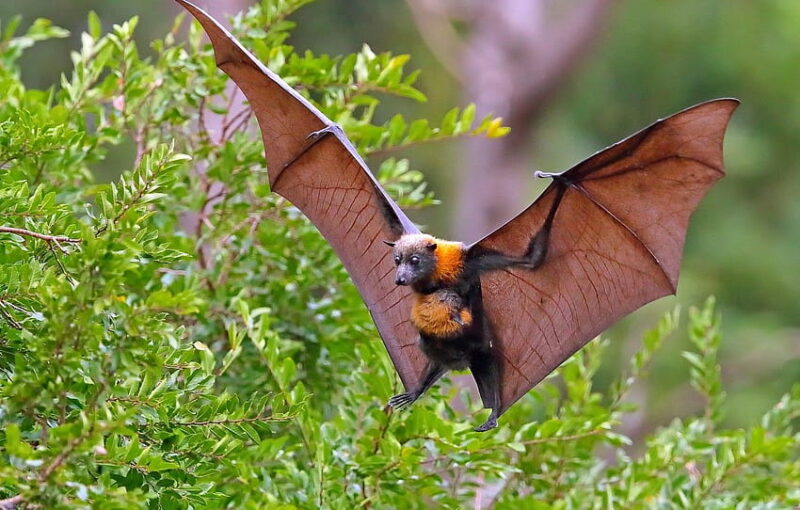
Crucial for seed dispersal in the Nicobar Islands’ ecosystems, the Nicobar Flying Fox is a fruit bat species.
Naked-backed Fruit Bat
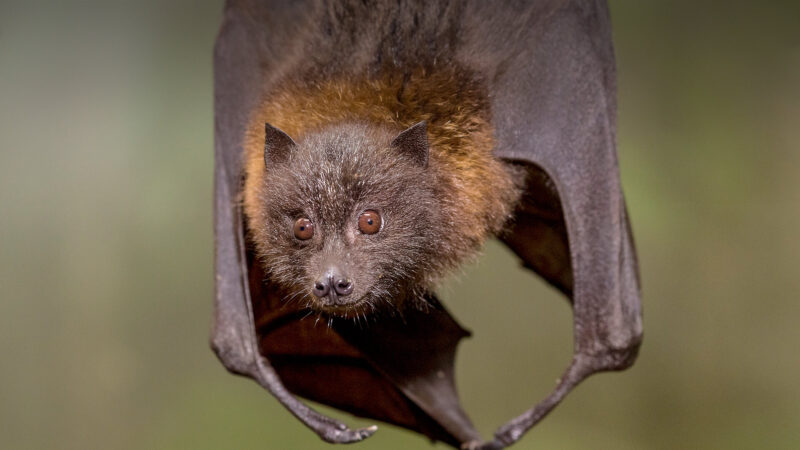
The Naked-backed Fruit Bat is a large bat species found in Southeast Asia, known for its lack of fur on its back.
Northern Velella
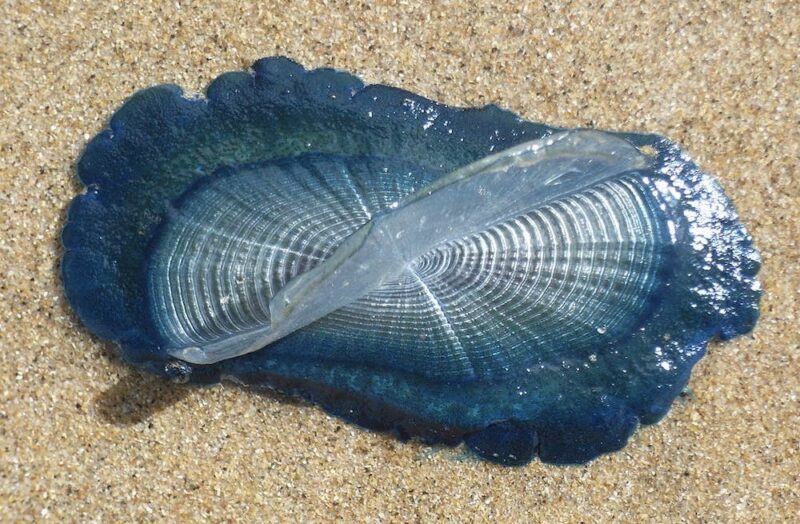
Floating in oceans, often in large numbers on the water surface, the Northern Velella is a hydrozoan species.
Nantucket Beach Mouse
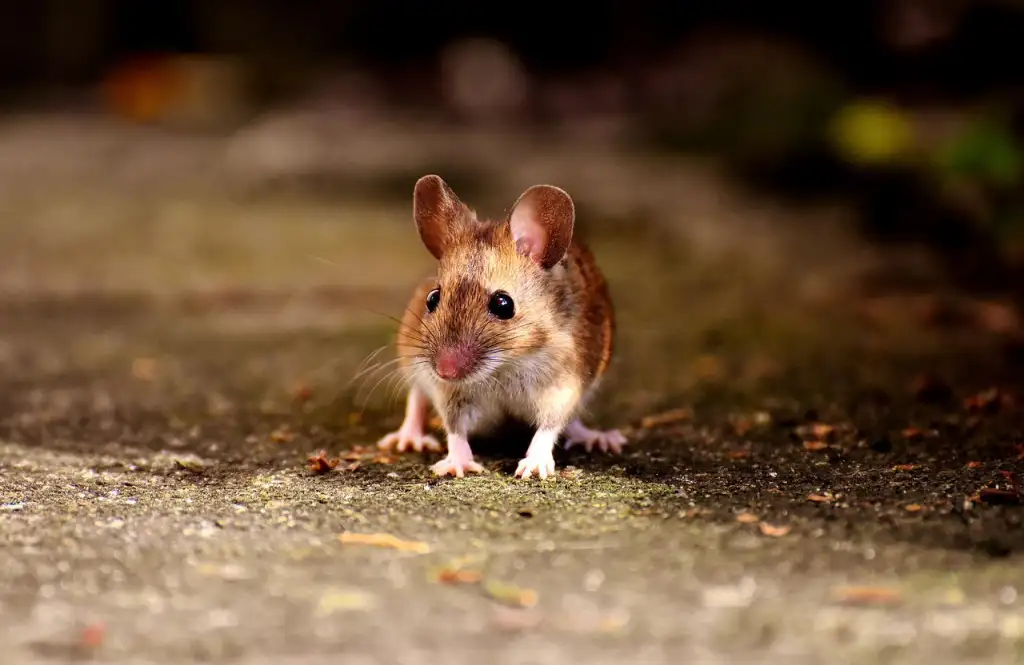
Endemic to Nantucket Island, Massachusetts, the Nantucket Beach Mouse is a subspecies of deer mouse listed as endangered.
Nightingale
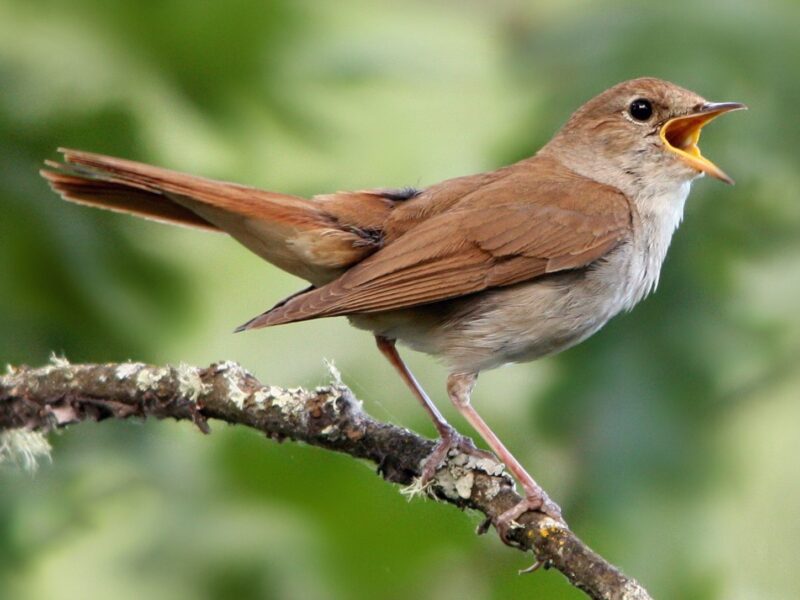
The Nightingale is a small passerine bird known for its powerful and melodious song, often associated with the arrival of spring.
Conclusion
As we come to the end of this exhilarating journey through 50 animals that start with the letter “N,” we hope you’ve gained a greater appreciation for the incredible diversity and beauty of the animal kingdom. From the lush rainforests to the vast oceans and arid deserts, these creatures have adapted to their environments in remarkable ways, showcasing the wonders of evolution and survival.
Remember, our world is home to countless other remarkable animals, each deserving of admiration and conservation efforts. By learning more about these creatures, we can foster a deeper connection with nature and work towards a more sustainable and harmonious coexistence with the animal kingdom. Let’s cherish and protect these magnificent beings for generations to come.


